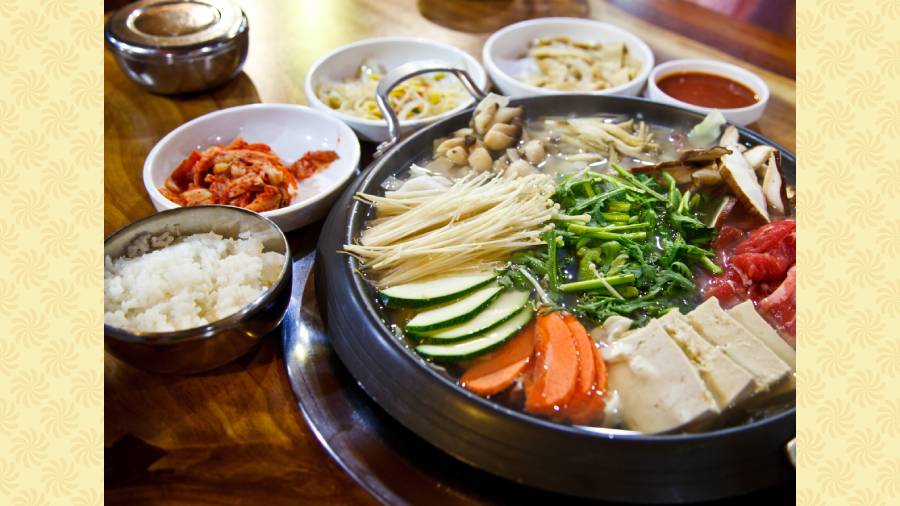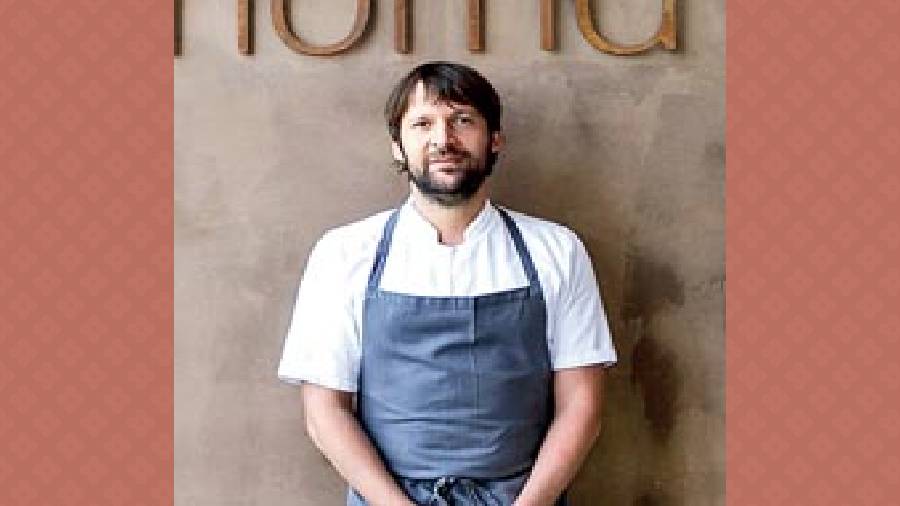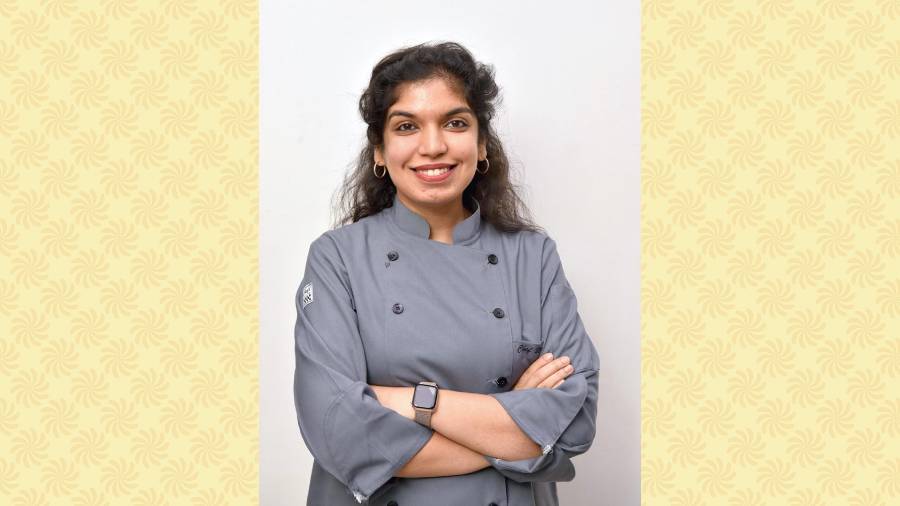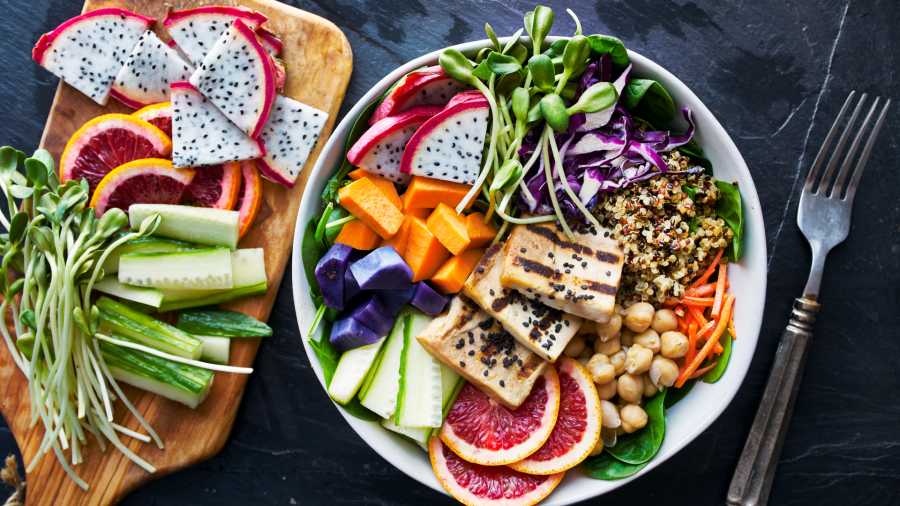Indefatigable as the numerous waves of Covid-19 may be, the new year manages to retain its meaning. Like any year, 2022 also brings with it new energy, hope and murmurs of a new beginning, which transcends all aspects of our lives, be it resolutions (that we forget by the time it’s Valentine’s Day), a single-minded approach towards saving money or renewed focus on our health and diet. The last one particularly seems to be a ‘thing’, what with restaurants, chefs and individuals from the food fraternity sharing their forecasts for the year to come.
And a life-changing phenomenon like a pandemic is understandably going to have its own impact on trends. With food, however, as a chef and patron alike, I see most trends this year solidifying, evolving or finding more ground, than really coming up new. Here’s what I think is going to stick:
The future is plant-based
But what does it really mean? According to me, it simply means a larger number of people exploring/experiencing plant-based food, which really shouldn’t be so shocking in a country where 20-39 per cent of the population is already vegetarian. Also, I am not even sure if ‘trend’ is the right word here any more, given that globally, it is equivalent to a movement/phenomenon that I have closely watched take shape in the country, at least.
What began a decade ago with a few customers requesting for vegan alternatives, has today changed to full-blown restaurants, communities, Instagram pages and also brands focussing entirely on the diet. In other words, as a chef-restaurateur in 2022, it would be short-sighted on my part to not have vegan and/or plant-based offerings on the menu. Needless to say, this one is here to stay.
Say no to alcohol

Move over gin, your time is up. The coolest thing on the menu right now is your non-alcoholic beverage that makes sure you are not just healthy but also hangover-free. #DoubleWin
If the last decade was all about cocktails and home-grown alcohol brands (I mean, is Goa now the gin capital instead of being the summer state?), this one’s going to be all about sobriety. The next generation — motivated by myriad health concerns, from physical to mental well-being — is 100 per cent more keen on exploring the ceviche than the Campari. I think they also have a cohort called ‘sober curious’, which is a bunch of individuals exploring the abstinent side of life. My diner in Mumbai, Cafe Duco, for instance, only has coffee, tea and thoughtfully crafted non-alcoholic cocktails, and if I can be honest, it’s doing just fine.
The rise of home-grown brands focussing on 0-to-low-ABV (alcohol by volume) drinks, including mainstream players like Kingfisher, Budweiser and Svami, is testament to this. In other words, it sounds like: honey, the kids are alright.
Comfort is the new gourmet

If you thought K-Pop and K-Drama were the hottest imports from Seoul, think again! Their food is high on the radar of every foodie and their hot meals are the best for enjoying in this weather.
This is a developing trend that is super close to my heart. Right from internationally acclaimed Rene Redzepi of Copenhagen’s Noma fame exploring burgers to some of my peers in F&B in Calcutta and Mumbai trying to give basic comfort foods like thepla, pasta and pizza new meaning — one thing is sure, people are no longer associating evolved food with smoking, gelification or emulsifying alone.
A wider understanding of food has made it possible for the industry to focus on technique and flavours, without ever having to resort to the drama of our molecular gastronomical past. The pandemic too, perhaps, has evoked a need for familiarity, nostalgia and simplicity, all of which I can see the food world making work for them. Expect more “OG” and good lasagne, and less black truffle pig blood pudding soaked in squid ink. And thank god for that!
The best dishes come in small menus
An extension of this wider understanding of food will also reflect on menus, and as chefs, we can already see that we are finally getting the leeway to please patrons without the whole smoke-and-mirrors act. Diners are not only appreciative of small and concise menus today, but also kind of judgmental of those that have everything from Chinese bhel to a pink sauce pasta. A sharpened lens on produce, provenance and sustainability will also mean that food establishments will have fewer things on their menu card, but give those offerings 360-degree attention and care. I am also expecting to see businesses that focus wholly on a type of cuisine, or even a dish, like baos, burgers or tacos with more confidence and alacrity.
Crazy, rich Asian food

Rene Redzepi of Copenhagen’s two Michelin-starred Noma created quite the stir when he announced the opening of a dedicated burger place in 2020. Turns out that he simply had a great lay of the land in advance and already felt the need for simplified, classic food items — such as the classic burger.
For a short interval, there seemed to have been some sort of disillusionment with Asian food, as Italian, Mediterranean and Latin-American cuisines began catching our fancy. But it was during this time that many restaurateurs and chefs regrouped and prepared to come back with a new kind of Asian food experience — one that was closer to the mainland and rid of its Indian influences. Also, there’s a wider scope here, beyond Chindian, Cantonese and Sichuan food, which is what we understood as ‘Asian food’ for the longest time. From Vietnamese Phos and Bahn Mis to Japan’s vast repertoire of sushis, ramens and Donburis and our latest obsession, Korean food, Asian food is back and how!

The writer is a chef and founder of The Daily cafe in Calcutta and Cafe Duco in Mumbai
